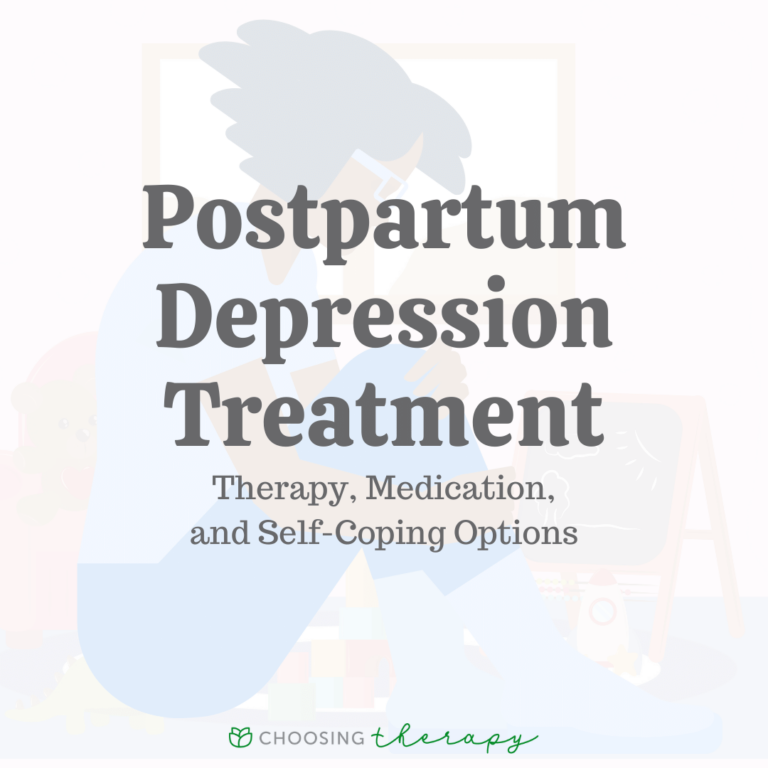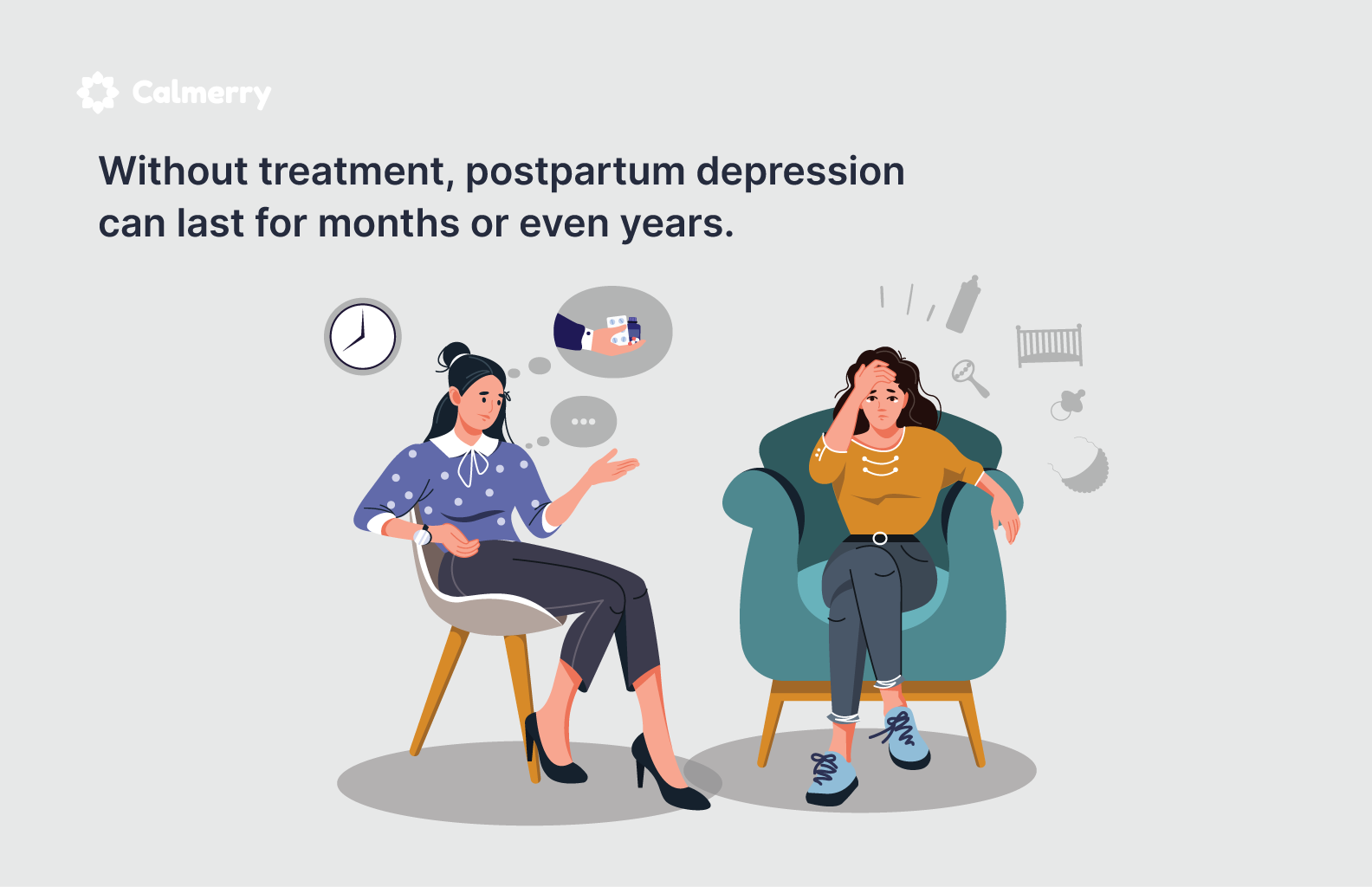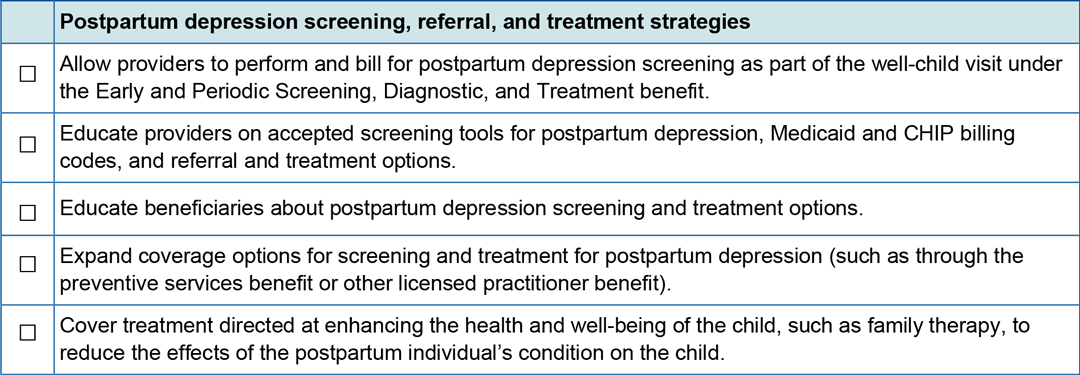See This Report about Beautiful Journey Reproductive Counseling Center
Wiki Article
Beautiful Journey Reproductive Counseling Center Fundamentals Explained
Table of ContentsTop Guidelines Of Beautiful Journey Reproductive Counseling CenterNot known Factual Statements About Beautiful Journey Reproductive Counseling Center The Definitive Guide for Beautiful Journey Reproductive Counseling CenterThe Best Guide To Beautiful Journey Reproductive Counseling CenterBeautiful Journey Reproductive Counseling Center Fundamentals ExplainedSome Of Beautiful Journey Reproductive Counseling Center

Working with psychological health and wellness professionals is a fantastic means to discover concerning postpartum anxiety and how to recoup. Therapy is an individual and crucial way to deal with postpartum depression.

How Beautiful Journey Reproductive Counseling Center can Save You Time, Stress, and Money.
There have actually not been conclusive research studies released that looked especially at folate or other B vitamins in the treatment of postpartum anxiety. Take into consideration recommending to ladies that are postpartum to proceed their prenatal vitamin or take a B-100 facility with about 1 mg (or 1,000 mcg) of folic acid, or folate.Improvement of vitamin D shortage might play a considerable function in the healing from postpartum clinical depression. Mothers fighting with depression needs to have their 25-OH vitamin D degree checked. Several females discover that they require at the very least 2,000-3,000 IUs of cholecalciferol, which is vitamin D3 (a form that is very conveniently soaked up) throughout the cold weather.
In the summertime, less dental vitamin D might be needed, depending on the latitude where the mommy lives. reproductive mental health.
Beautiful Journey Reproductive Counseling Center - The Facts

[15, 16 (https://www.pubpub.org/user/john-coates)] Anticoagulation might be utilized, and it should be kept in mind that there exists no global guideline or referral for anticoagulation therapy in septic pelvic thrombosis. First bolus of 60 units/kg (4000 units optimum) complied with by 12 units/kg/h (optimum of 1000 units/h) is suggested. [6] The aPTT is monitored for 2-3 times the typical worth.
Postpartum anxiety (PPD) is an intricate mix of physical, emotional, and behavioral adjustments that happen in some ladies after delivering. According to the DSM-5, a hands-on made use of to identify mental illness, PPD is a form of major clinical depression that starts within 4 weeks after delivery. The diagnosis of postpartum anxiety is based not just on the size of time in between delivery and onset however on the intensity of the anxiety.
The term explains a variety of physical and emotional modifications that numerous new mommies experience. The real link in between this decline and clinical depression is still not clear.
Facts About Beautiful Journey Reproductive Counseling Center Revealed
Commonly, joining a support team of new mamas or speaking with various other mommies helps. can take place a few days or perhaps months after giving birth. PPD can occur after the birth of any kid, not just the initial child. You can have sensations similar to the infant blues-- sadness, misery, anxiety, crankiness-- however you feel them much a lot more highly.When your capability to feature is impacted, you require to see a health care service provider, such as your OB/GYN or medical care physician. This medical professional can screen you for anxiety signs and symptoms and develop a therapy plan. If you don't get therapy for PPD, signs and symptoms can worsen. While PPD is a severe problem, it can be treated with medication and counseling.
This disease can happen rapidly, usually within the initial 3 months after childbirth. Women can lose touch with reality, having auditory hallucinations (hearing things that aren't actually happening, like a person talking) and misconceptions (strongly believing things that are clearly irrational). Visual hallucinations (seeing things that aren't there) are less common.
Ladies that have postpartum psychosis requirement therapy immediately and usually need medication. In some cases women are put into the medical facility since they are at risk for injuring themselves or another person. Postpartum clinical depression is discriminated, depending upon the sort of symptoms and how extreme they are. Treatment options include anti-anxiety or antidepressant drugs, psychiatric therapy, and involvement in an assistance team for emotional support and education and learning.
What Does Beautiful Journey Reproductive Counseling Center Do?
Kids of moms with postpartum anxiety are most likely to have troubles with sleeping and eating, sobbing more than normal, and hold-ups in language growth. If you have a history of clinical depression, inform your physician as quickly as you learn you're expecting, or if you're intending to become expecting.Frequently, joining an assistance team of new mothers or speaking with various other mamas helps. can occur a couple of days or perhaps months after giving birth. PPD can happen after the birth of any type of child, not just the very first kid. You can have sensations comparable to the child blues-- sadness, despair, stress and anxiety, crankiness-- however you feel them a lot more highly.
When your ability to function is affected, you need to see a health and wellness treatment provider, such as your OB/GYN or health care doctor. This doctor can screen you for depression signs and symptoms and develop a treatment strategy. If you do not obtain treatment for PPD, signs can become worse. While PPD is a serious problem, it can be treated with drug and therapy.
This disease can happen rapidly, usually within the very first 3 months after childbirth. Females can shed touch with truth, having auditory hallucinations (hearing points that aren't actually happening, like an individual talking) and delusions (highly believing points that are plainly irrational). Aesthetic hallucinations (seeing things that aren't there) are less typical.
Some Of Beautiful Journey Reproductive Counseling Center
Women who have postpartum psychosis requirement treatment right away and his response nearly constantly require drug. Therapy choices consist of anti-anxiety or antidepressant medicines, psychiatric therapy, and engagement in an assistance team for psychological assistance and education and learning.Children of mothers with postpartum depression are most likely to have problems with sleeping and eating, crying even more than usual, and hold-ups in language advancement (infertility couples counseling). If you have a history of anxiety - https://myanimelist.net/profile/beaj0urepcc, tell your doctor as soon as you figure out you're expecting, or if you're preparing to conceive
Report this wiki page